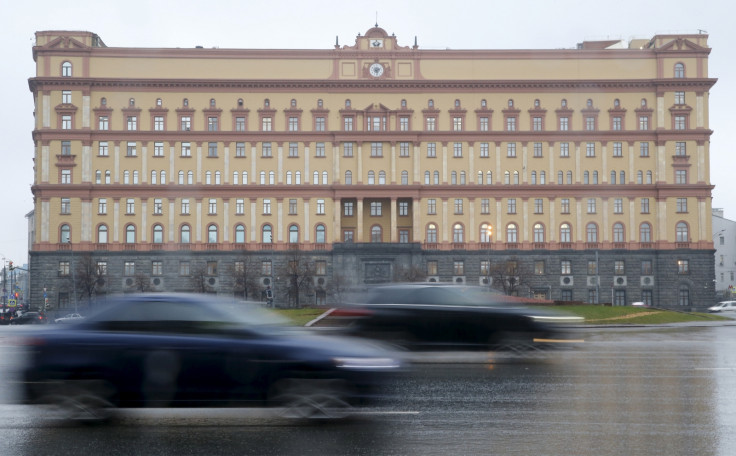Treason in the Kremlin? Russia denies claim cyber experts leaked secrets to CIA
Inside the murky world of Russian hacking and espionage, arrests are mounting.

The Kremlin has brushed off allegations that a number of high-profile cybersecurity officials who have been accused of treason by the Federal Security Service (FSB) were caught leaking state secrets to the US Central Intelligence Agency (CIA).
"No CIA is mentioned in the case. It is only the country that is mentioned. Yes, the talk is about America, not about the CIA," Ivan Pavlov, a lawyer with close knowledge of the case, told the Tass state news outlet on Wednesday (1 February 2017) as speculation mounted.
The same day, Russian investigators officially pressed charges against Sergei Mikhailov, head of the FSB's Information Security Centre, his employee Dmitry Dokuchayev, and a top Kaspersky Lab cybersecurity investigator called Ruslan Stoyanov.
One official told the Interfax news agency that four people in total had been charged as part of an ongoing probe and eight more were suspected of acting as accomplices.
It is a case that mixes the nation's intelligence services with the murky world of state-sponsored hacking.
Reports from Russia previously said the suspects were caught leaking to the CIA. The arrests were made in December 2016, the same month as US authorities released an intelligence report accusing Putin's state of sanctioning cyberattacks against the US Democratic Party.
The only link between the 'treason' arrests and the DNC hack last year that exists so far comes in the form of a company called King Servers – a web-hosting platform allegedly used to launch state-sponsored cyberattacks that was reportedly outed by Mikhailov. King Servers was previously implicated in a probe analysing intrusions at the state board of elections in Arizona and Illinois. ThreatConnect, a cybersecurity firm, tracked IP addresses used in the attacks to the firm but could not conclusively say they were linked to hacking.
After the arrests, pro-Kremlin outlet Tsargrad TV then linked Mikhailov to a group of hackers known as Shaltai Boltai, or "Humpty Dumpty." Over the past few years, this group has published the personal emails of a number of Kremlin and Russian government officials. Yet legal representative Pavlov also rejected assertions the Shaltai Boltai hacking collective, or its suspected founder Vladimir Anikeyev, has been linked to the treason probe. The reaction from state sources appears to follow a similar tactic: deny all knowledge.
Kremlin spokesman Dmitry Peskov said: "No matters of this sort can have any relation to such absurd insinuations [about hacking]. As we have already said, we categorically deny any assertions about the possible complicity of Russia in any hacker attacks. All the suspects have been charged with high treason. This is the sole count in the case. There are no other accusations."
Andrei Soldatov, an author specialising in Russia's security services, said he believes links between the arrested FSB officers and Shaltai-Boltai could be tenuous. He told the Financial Times: "It looks like a cover-up.
"The Shaltai story could have nothing to do with [the FSB officers] — they [the two arrested suspects] didn't have anything to do with government communications or the presidential administration or have any access to them."
Amid the muddied waters, Kaspersky Lab, the workplace of Stoyanov since 2012, has denied any involvement with the case. In a statement issued on 25 January, it said: "This case is not related to Kaspersky Lab. Ruslan Stoyanov is under investigation for a period predating his employment."
According to his own LinkedIn profile, Stoyanov held a key cybersecurity position at Moscow's Ministry of Internal Affairs between 2000 and 2006.
© Copyright IBTimes 2025. All rights reserved.






















